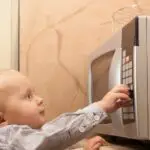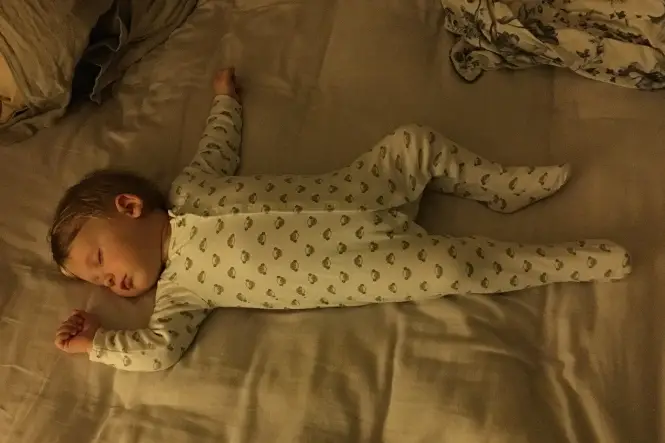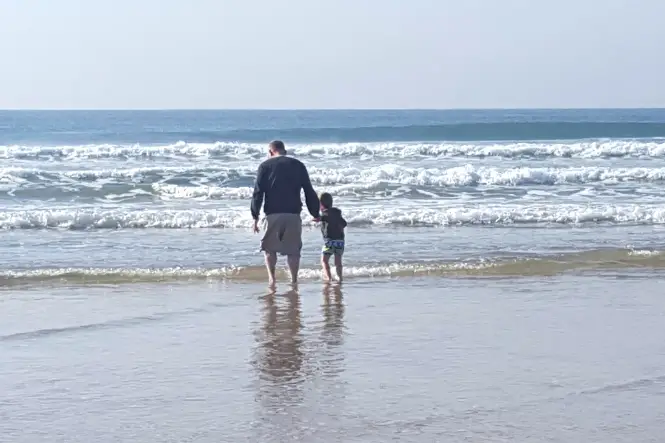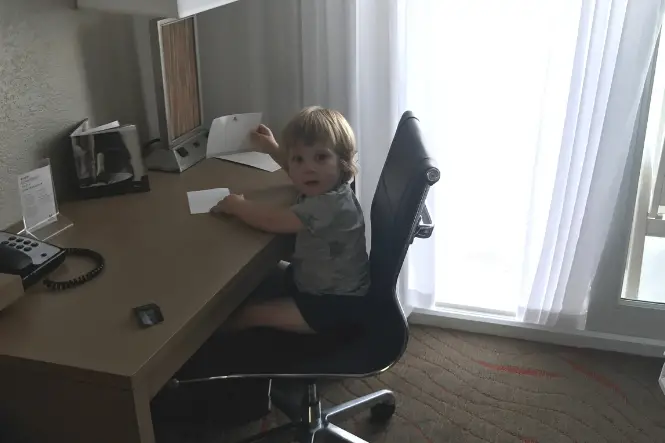Colourful fireworks exploding in the sky are great to watch and certainly add an extra sparkle to special events, such as Bonfire Night. But as fireworks are essentially explosive materials, there are inevitably key safety issues to be aware of. Fireworks are dangerous for anyone, not least children, so if you’re having fireworks at home or in the garden, read on to discover how to keep everyone safe and sound.
Buying and Using Fireworks At Home
If you’re buying fireworks to use at home, check that the fireworks you choose are suitable for your garden and conform to British Standards. The standard for fireworks is BS 7114 and you should avoid any fireworks that don’t meet that standard. Only set fireworks off in your garden if you’ve got enough space, both for setting them off safely, and so people can stand far enough back from them.
When it comes to the night for setting them off, follow these guideline for a safe event:
- Clearly read the instructions in advance and in daylight and be clear about what you’re doing.
- Wear a protective hat, gloves and have eye protection, such as goggles.
- Only have one person responsible for dealing with the fireworks and have everyone else further away.
- Don’t tamper with the firework – it must be left as it is.
- Warn your neighbours, especially any that are elderly, and make sure that people with pets know what’s happening.
- Ensure children know the potential dangers and keep them supervised and away from the lighting area.
- Light fireworks at arms length with a taper.
- If a lit firework doesn’t go off, don’t go back to it.
- Find a safe place to leave the box with the rest of the fireworks in.
- Keep a bucket of water handy, in case of any emergencies.
- Avoid wearing loose clothing, or scarves that could dangly near flames.
- If you have a bonfire, it should be at least 18 metres (60 feet) away from houses, hedges, fences, sheds or trees.
- Don’t ever put fireworks on a bonfire.
- Don’t use petrol, paraffin or other flammable liquids.
- Never let a child handle or light a firework.
Sparklers
Sparklers are often viewed as a more harmless firework, but they still burn fiercely and cause serious burns. They’re not suitable for children under the age of five years old. In fact, experts say they can get six times as hot as a pan of cooking oil, and we all know of the dangers of boiling fat. (See our article on First Aid Treatment For Burns.
If you buy sparklers, store them in a closed box in a cool, dry place. They’re fun to use at home, but aren’t really suitable for taking to a public display, as it’s often too crowded to use them safely.
To enjoy sparklers safely:
- Always wear gloves, preferably leather ones.
- Get children to hold the sparkler at arms length while it’s lit by an adult.
- Don’t wave sparklers about near others, as they could cause accidental burns.
- Don’t hold a baby at the same time as holding a sparkler.
- When the sparkler has gone out, but it into a bucket of cold water and leave it there.
- Hold sparkers at arms length, away from your body.
- Always supervise children when they’re holding sparklers.
- Avoid dressing children in loose clothes, as they may accidentally catch light.
- Don’t run while holding sparklers. Stand still and enjoy them.
Remember the Firework Code
You can help children learn to be responsible about fireworks by emphasising the need for safety when they’re young, and remind them each time Bonfire Night comes around. The general tips for everyone to remember are:
- Light sparklers one at a time and always wear gloves.
- Never give sparklers to a child under the age of five.
- Buy fireworks marked BS 7114.
- Always follow the instructions on each individual firework.
- Light fireworks at arms length using a taper.
- Once lit, stand well back.
- Never go back to a lit firework.
- Never put a firework in your pocket.
- Never throw fireworks.
- Keep pets indoors.





